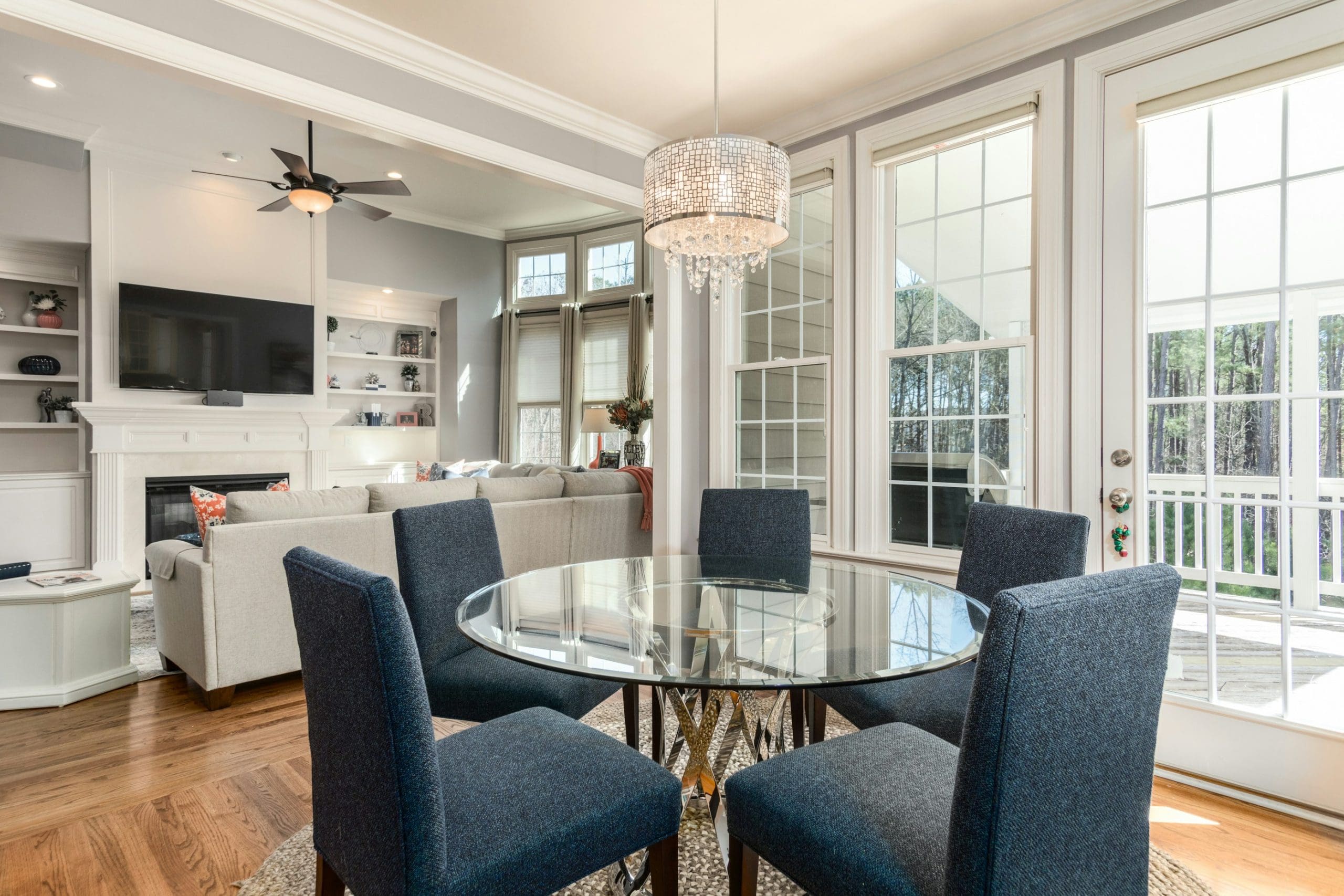For first time home buyers finding the right house can be both an exciting and daunting prospect. From the initial flurry of finding a property that is right for you to going ‘sale agreed,’ it really is just the start of the process. Looking for a reliable home insurer that will help guard and nurture your new castle when life comes into play is another task worth thinking about.
We’ve set out below 6 tips for first time buyers on nailing down that first home insurance policy, with a little help from our dedicated AA Home Insurance team.
1. Cheap Home Insurance May Not Be Good Value
At the outset it will appear that the bills are piling up, from solicitors fees to surveyor reports and lots more. Despite this, it’s important that you don’t try to sell yourself short when taking out home insurance and find value for your money. In some cases, the cheapest cover can often be the least desirable. Be sure to get a number of quotes from different providers and compare the benefits on offer. Most insurers such as The AA will provide cover against losses relating to a fire, storm, flood or theft. Accidental damage is an optional cover with The AA, it is not included for all policies.
2. Know Your Rebuild Cost
When working out the cost of home insurance, you should think about how much it would cost to rebuild your house and its contents. Your bank and mortgage broker should have conducted a valuation shortly after you go ‘sale agreed’ and prior to your loan approval. This valuation will advise the rebuilding cost of the house, and the minimum amount that you must insure it for.
If you’re unsure how much to insure your buildings for, check out www.scsi.ie for a guide on rebuilding costs.
3. Understand the Benefits of Cover
Be sure to have your contents insured at an adequate amount and don’t forget to specify the most important items, some of which will be covered outside the home. You can extend cover for valuables such as your laptop, tablet or jewellery.
Keep an eye out for a policy that includes the additional benefit of a home rescue service or one where it can be added as an optional extra. AA Home Membership covers four call-outs a year and can be used in various instances such as boiler breakdowns, broken locks and roof damage among other things. Cover is up to €2,000 per call out for Home Membership.
4. Know your excesses
Each policy has a number of different excesses due to the nature of home insurance and the numerous risks that it covers. An excess is the first amount of any claim that you will be responsible for. Let’s say the electricity cuts out and you need to empty the contents of the fridge freezer. Replacing the ruined food can be extremely expensive, and with some insurance providers the excess can range as high as €1,000.
5. Understand What is Excluded
There are a number of exclusions in each policy which are important to note so that you fully comply with the contract between you and your insurer. Any kind of renovation work must be declared immediately to your insurance company as additional forms and cover may be required. If your home is going to be unoccupied for more than two weeks in a row, remember to turn off the water and heating and, if possible, arrange for a neighbour or relative to check on the property regularly. If your house is unoccupied for more than 30 days in a row, your household insurance may not be valid. Check your policy booklet for full details and be sure to keep your insurer informed.
6. Letter of Indemnity
Home insurance is a key requisite for all mortgages and one of the most important aspects of this is the letter of indemnity, which the bank will request from your insurance provider. Simply state your bank as an interested party on your policy and your insurance provider will send you a letter outlining exactly what’s covered. This must be passed onto your bank in order to ensure a satisfactory conclusion to the purchase of your first property.
To get a Home Insurance quote










